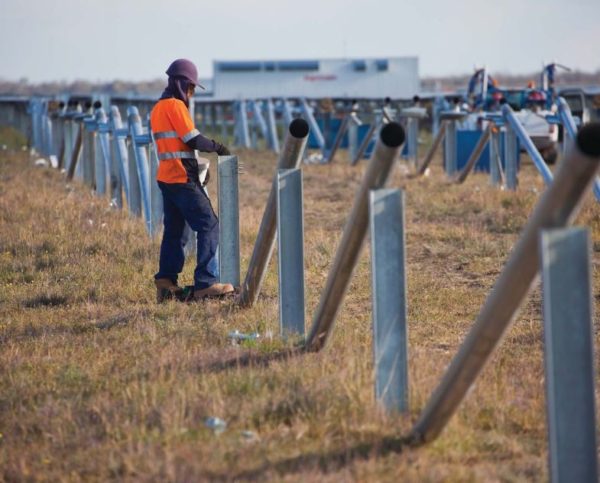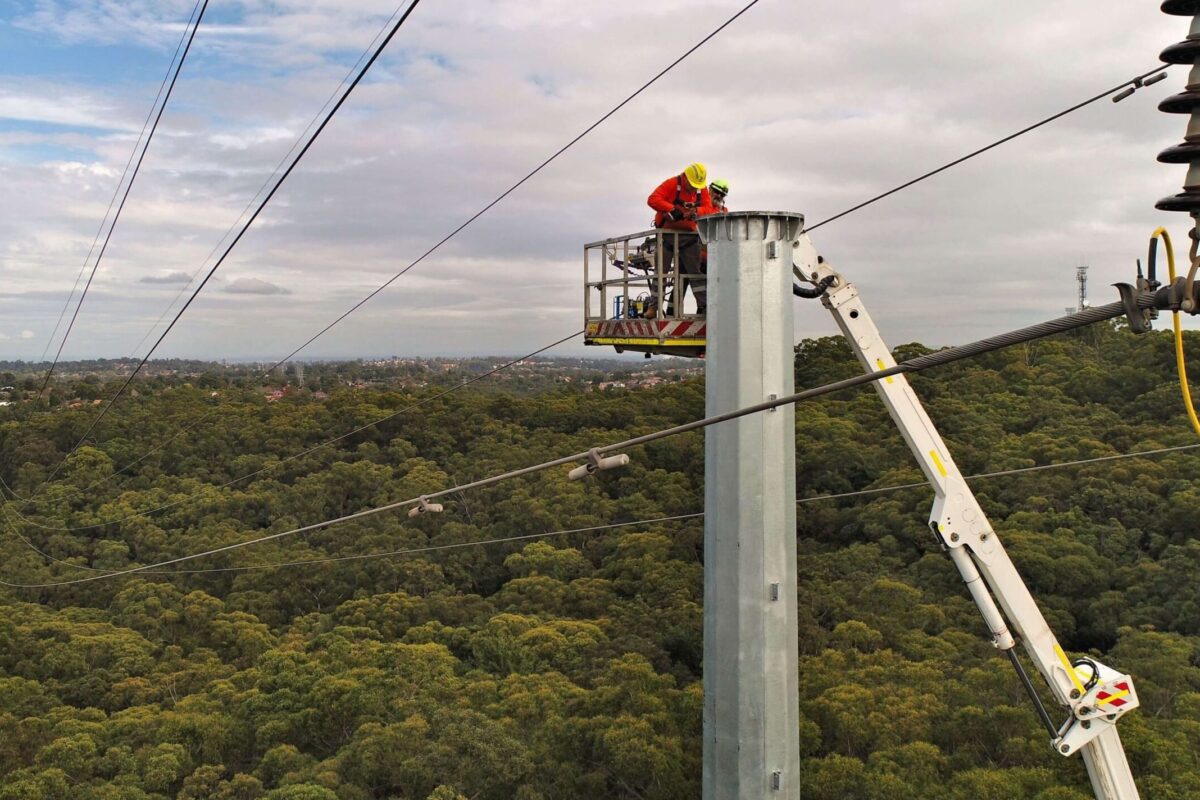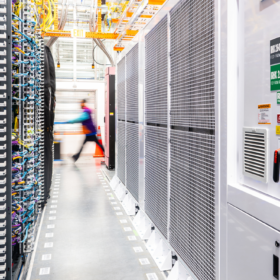Perth-headquartered engineering and technical services business Powertech has warned that the industrial sector’s desperate skills shortage must be addressed for Australia to meet its lofty clean energy targets, including 82% renewable energy generation by 2030 and net zero by 2050.
While the Australian Energy Market Operator’s latest snapshot of connection activities gives hope towards achieving these renewable energy targets, the chances of the successful implementation of the individual projects hinge on a talent pool that Powertech said Australia currently does not possess.
Jobs and Skills Australia (JSA), an independent government group that provides advice on current, emerging and future workforce, skills, and training needs, estimates Australia will require up to 700,000 clean energy workers, including electricians, mechanical trades, and engineers, by 2050 to meet Australia’s net-zero goals.
The JSA modelling found Australia will likely need 32,000 more electricians by 2030, with 85,000 more needed by 2050. Additionally, nearly all building and engineering trades critical to the construction and maintenance phases of renewable electricity generation are also likely to experience supply gaps. The forecasts suggest a shortfall of about 200,000 engineers by 2040.
Powertech National Human Resources Manager Lauren Wooldridge said the labour market shortfall is already being felt in design, installation, commissioning and maintenance roles across solar, wind, and battery energy storage projects.
“We’re already seeing evidence of this shortage in project delays, particularly across regional areas, where many renewable projects are based,” she said, adding that the skills shortage poses “immense challenges” for both individual projects and the country’s broader clean energy transition.
“A shallow talent pool means that organisations are often competing for the same workers,” she said. “At a project level, delays, cost overruns as well as safety and compliance issues mean the timeliness and stability of crucial works can be put in jeopardy at a time when we need them most.”
“From a broader perspective, this affects grid stability with delays to upgrades or battery storage rollouts leading to slower innovation adoption and a loss of confidence in these renewable power supplies.”
Powertech said an inefficient educational pipeline, failure to attract industry minorities, a lack of grant funding for medium- to large-sized businesses and an underutilisation of qualified engineers have contributed to the current skills shortage.
Wooldridge emphasised a well-funded training and skills development campaign is required to address the issue and build a pipeline of skilled, engaged workers to deliver on Australia’s renewable energy needs.
“Underinvestment in training pipelines that keeps pace with the growth in the renewable sector is an ongoing issue that must be addressed,” she said. “Additionally, many of the training incentives and funding schemes target large firms and institutions – the mid-sized companies that deliver so much of the work lack the support needed to develop in-house.”
Wooldridge said paid, on-the-job learning models are essential to expand access to cadetships and apprenticeships, as is government investment in funding schemes that allow industry to support engineers and technicians within mid-sized firms.
“This isn’t just a volume issue, with a steep learning curve often existing regarding renewables-specific engineering,” she said.
Wooldridge suggested far more can also be done to tap into underrepresented talent pools.
“Pathways and partnerships that encourage industry minorities through scholarships, mentorships and supportive employment arrangements are critical to build a diverse and capable employment base,” she said.
This content is protected by copyright and may not be reused. If you want to cooperate with us and would like to reuse some of our content, please contact: editors@pv-magazine.com.









1 comment
By submitting this form you agree to pv magazine using your data for the purposes of publishing your comment.
Your personal data will only be disclosed or otherwise transmitted to third parties for the purposes of spam filtering or if this is necessary for technical maintenance of the website. Any other transfer to third parties will not take place unless this is justified on the basis of applicable data protection regulations or if pv magazine is legally obliged to do so.
You may revoke this consent at any time with effect for the future, in which case your personal data will be deleted immediately. Otherwise, your data will be deleted if pv magazine has processed your request or the purpose of data storage is fulfilled.
Further information on data privacy can be found in our Data Protection Policy.